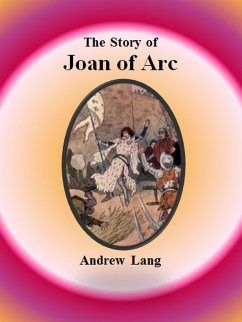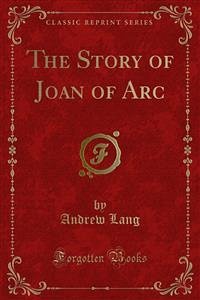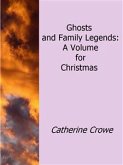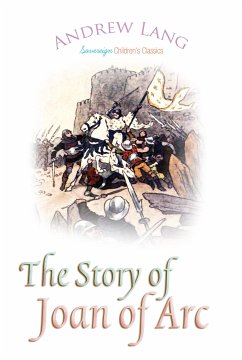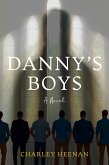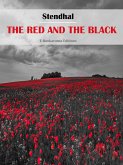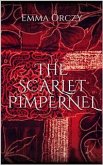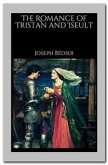JOAN OF ARC was perhaps the most wonderful person who ever lived in the world. The story of her life is so strange that we could scarcely believe it to be true, if ali that happened to her had not been told by people in a court of law, and written down by her deadly enemies, while she was still alive. She was burned to deach when she was only nineteen: she was not seventeen when she first led the armies of France to victory, and delivered her country from the English.

